Adoption rates for electric vehicle (EV) technology from commercial vehicle operators is slow, particularly in the heavy goods vehicle (HGV) segment, new research suggests.
A broker poll, from Direct Commercial Limited (DCL), shows that just one-in-seven (13%) brokers believe their commercial motor clients are adapting well to electric or hybrid vehicles, while almost half (44%) say fleet operators are adapting poorly or not at all.
When it comes to readiness for sustainability regulations, just one-in-11 (9%) consider operators somewhat prepared, with a further quarter (25%) describing them as either somewhat unprepared or entirely unprepared.
The findings, says DCL, reflect the whole commercial motor market and underline the particular difficulties faced in the HGV segment where very limited vehicle availability, mileage concerns and infrastructure challenges continue to hold back EV penetration.
While some movement is visible in the light commercial vehicle (LCV) space, with electric LCVs accounting for around 8% of new registrations in June, they still make up a small proportion of total fleets, says DCL
Meanwhile, figures from the Society of Motor Manufacturers and Traders (SMMT), published in May, showed that, while registrations of new zero emission HGVs almost doubled in Q1 of this year, the uptick equated to just 97 units.
With an overall market share of 1%, up from 0.5% a year ago, it was the highest proportion of zero emission trucks registered in a quarter.
Joe Hantson, deputy CEO of Direct Commercial, said: “Brokers are telling us the same story across the board. Fleets aren’t resisting the sustainability agenda - they’re navigating practical challenges at different speeds.
“In LCVs, we’re seeing some adoption, but in HGVs it’s clear the shift will take far longer to gather momentum.”
As the Government’s zero emission vehicle (ZEV) mandate increases pressure on van fleets to shift to electric, DCL says brokers will have a vital role to play in supporting clients through operational, financial and regulatory changes, and in ensuring risk management solutions keep pace with evolving fleet technology.
Broker channels account for around a quarter of leasing company vehicles, with last year’s Fleet News FN50 research revealing the importance suppliers play in the success of the industry.
The UK’s biggest leasing companies provided data on the proportion of business arriving through broker channels for FN50 survey; the proportion varies significantly by company, from zero to more than 60%.
Overall, 26 of the 43 leasing companies who provided data said they use brokers, with 19 indicating that 10% or more of their fleet is sourced through partners; of these, nine leasing companies say more than 30% of their fleet is broker-related, while for two it is more than 50%.
The largest FN50 companies dominate the broker market, with 70% of the top 10 using indirect sales channels, which typically provide 35% of their fleet.
Between them, the top 10 FN50 companies operate 90% of the estimated 400,000 broker-derived vehicles in the FN50 fleet, representing more than £12 billion in new vehicle sales.

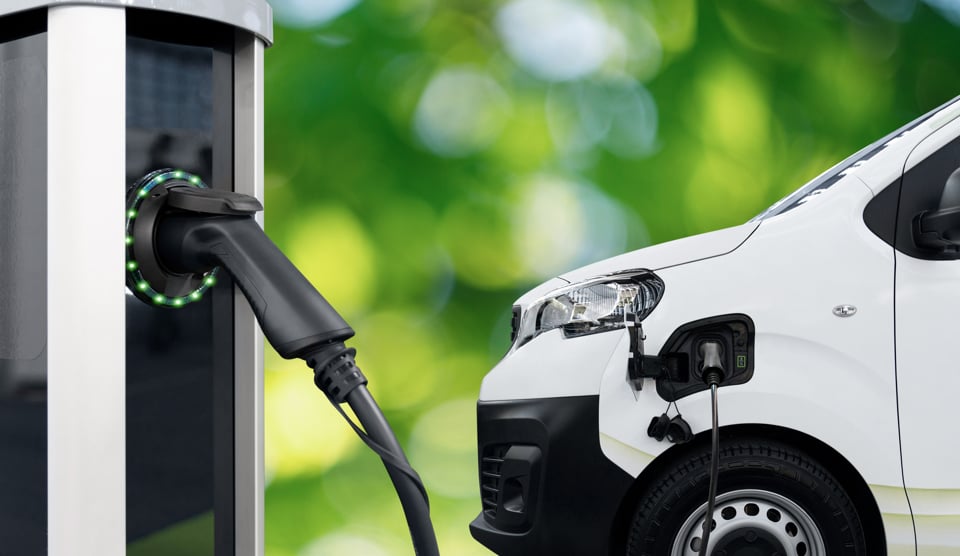




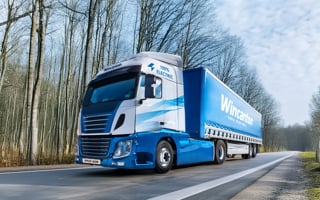
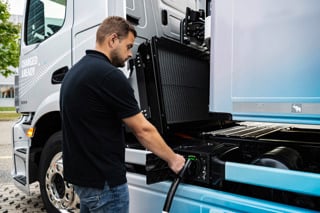

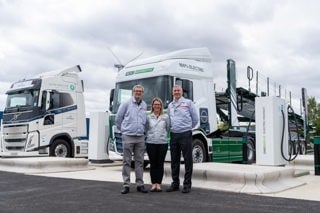
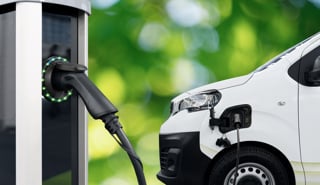












Login to comment
Comments
No comments have been made yet.